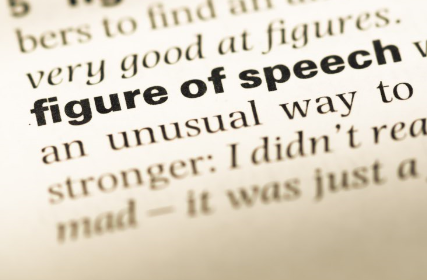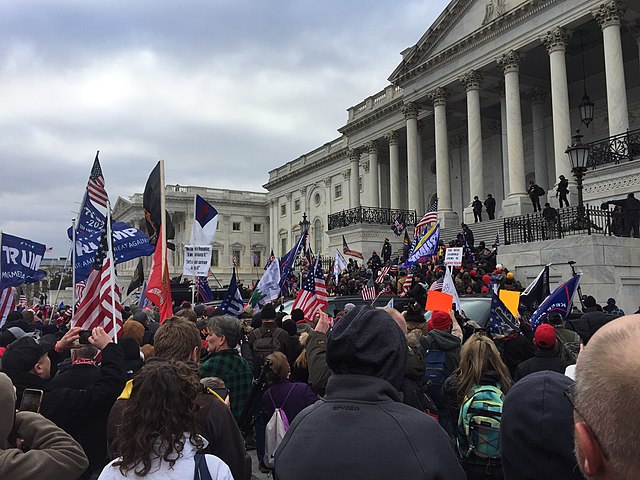Reading Time: 4 minutes read
When Norwegian Conservative politician Joakim Ekseth warned that political rhetoric had descended to ‘an American level,’ he wasn’t paying America a compliment. The comment came amid days of increasingly heated exchanges where one politician was accused of ‘prostituting himself’ and another declared ‘full war’ on his opponents. The issue at stake? The closure of five high schools.

The controversy erupted in Inland Norway, a rural eastern county, where declining population has forced a painful decision: close five high schools serving outlying communities, or continue funding schools with dwindling student numbers. Starting next fall, teenagers in the affected districts will face stark choices: board away from home from age 15, face four-hour daily commutes to the nearest schools, or drop out. For those communities, where many fear that losing the local high school will lead to their town’s decline, the stakes feel existential.

Amid the emotional debate about the fate of these schools, another debate arose—this time about language. Minister of Justice Emilie Enger Mehl accused Council Mayor Thomas Breen of ‘prostituting himself’ to the Conservatives, dismissing criticism by asserting it was just a figure of speech that effectively conveyed her views. Kristian Frisvold, the mayor of one of the threatened communities, went even further by declaring ‘full war’ on supporters of the school closures, openly abandoning civility: ‘This means we can make it personal,’ he declared, urging journalists to ‘dig up shit’ on his opponents—the kind of talk you rarely hear in Norway’s normally well-mannered political discourse.
These statements—Mehl’s prostitution metaphor and Frisvold’s war declaration—prompted Ekseth to observe that the debate had fallen to ‘a level completely outside of what we want in Norway’—what he characterized as ‘an American level.’

What this controversy makes clear, beyond the fate of five schools, is that metaphor matters. It is not just linguistic decoration or rhetorical flourish—metaphors shape how we think and may influence how we act. When politicians frame a school closure debate in terms of war, they’re not just being dramatic. They’re activating an entire frame where compromise equals surrender, opponents become enemies, and victory requires total defeat. When political choices are framed as prostitution, disagreement transforms from policy difference into moral failing.

The American experience shows where this path may lead. Educational debates have become so militarized and moralized that even basic discussions about curriculum or school funding are framed as existential battles between good and evil. Teachers aren’t just criticized – they’re accused of ‘grooming’ children. School board meetings, once forums for community discussion, have become rhetorical battlegrounds.

The American experience also shows that the line between metaphorical and literal meanings can dangerously blur. Trump’s lawyers, when attempting to defend his January 6th instruction to supporters to ‘fight like hell,’ claimed it was merely metaphorical—just a figure of speech that no one could have interpreted literally. This cynical defense not only ignored Trump’s clear intent; it also revealed a dangerous assumption that metaphorical language cannot inspire real action.
While the recent controversy in Inland Norway raised alarm bells, Norwegian political discourse hasn’t yet reached American levels of rhetorical warfare. The fact that metaphors of prostitution and war still shock Norwegian politicians and public alike suggests that such language remains the exception rather than the rule. The challenge now is keeping it that way.
Norway, meet Slippery Slope.

- For more about Trump’s ‘fight like hell’ speech and metaphor, check out this post: Figurative fighting
- For more about metaphor and inflammatory political rhetorical, check out this post: Metaphorical shooting.
